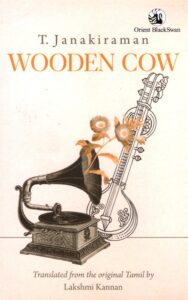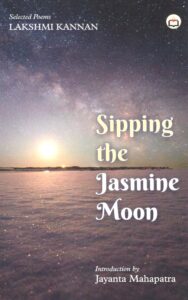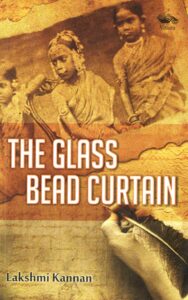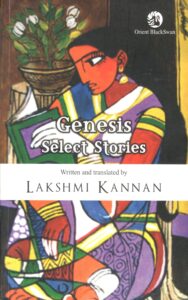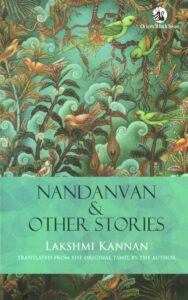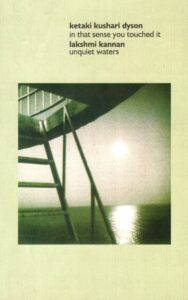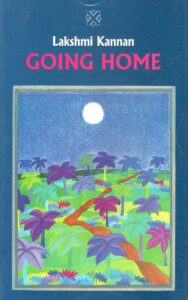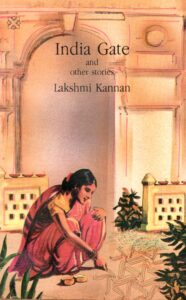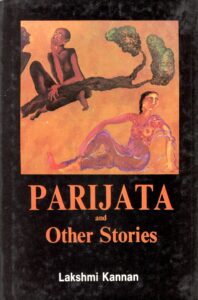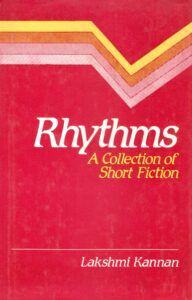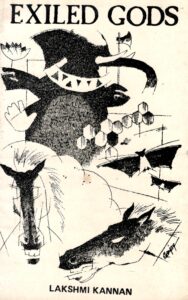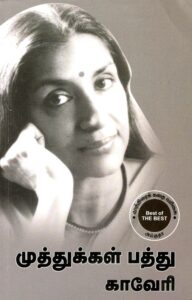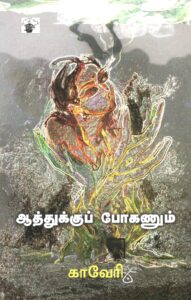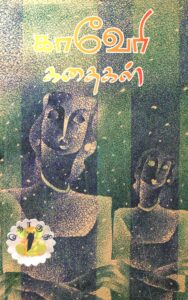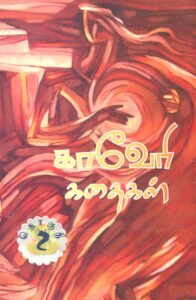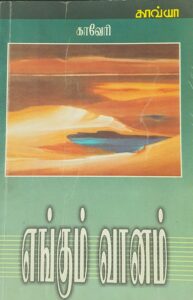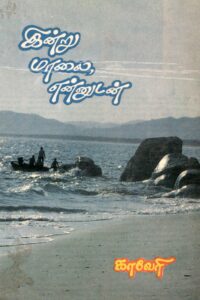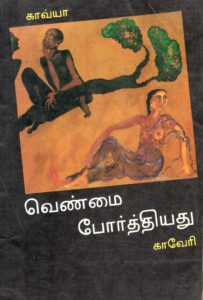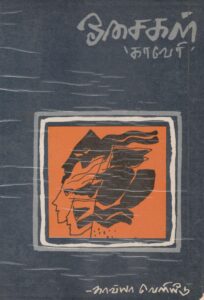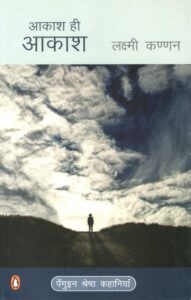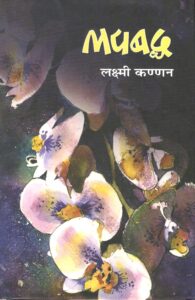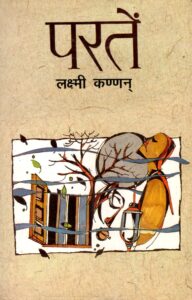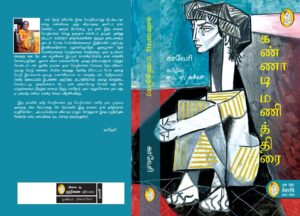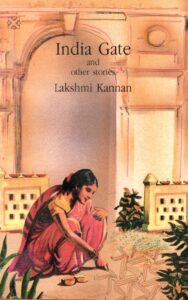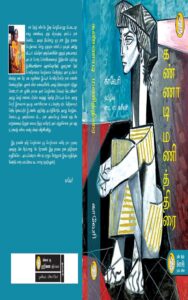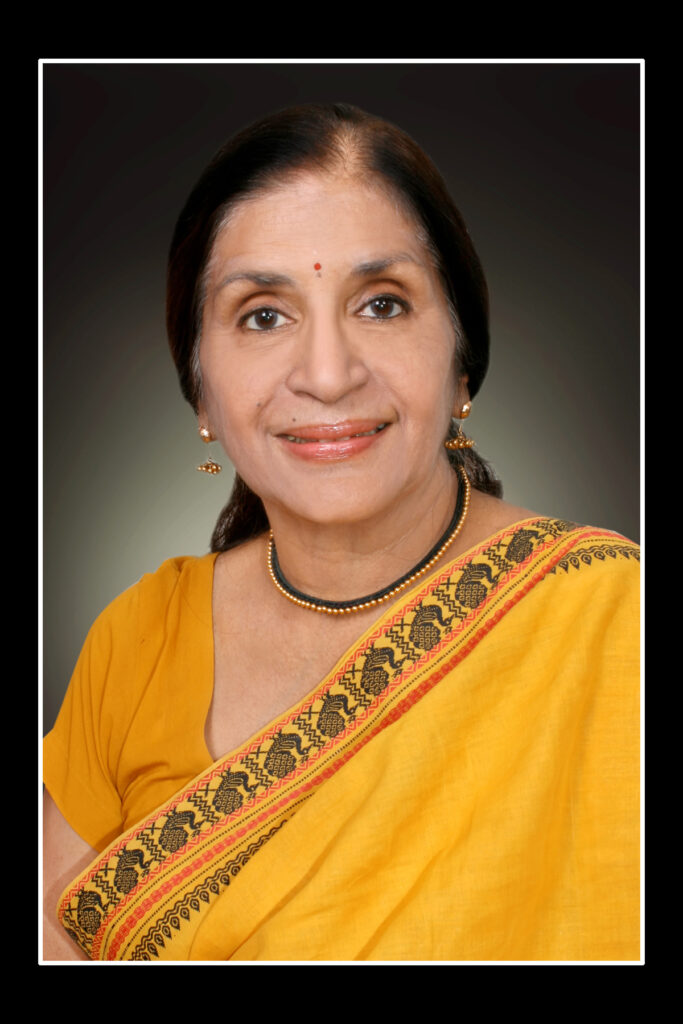
Lakshmi Kannan is a bilingual writer. She uses the pen-name ‘Kaaveri’ for her writings in Tamil. Her twenty-seven books in English and Tamil till date include poems, novels, short stories and translations. Her poems have been published in Wasafiri: International Contemporary Writing; Encounter (UK & USA); The Contemporary Review (Sussex, UK); Ariel: A Review of Contemporary English Literature, Calgary, Canada; The Helix: Literary & Art Magazine, Canberra, Australia; New Letters (Kansas City, USA); Chandrabhaga (Cuttack), Indian Literature (Sahitya Akademi), Kavya Bharati (Madurai), The Little Magazine (New Delhi), Muse India and in others.
Her recent publications in English include Wooden Cow (2021), her translation of the iconic Tamil writer T. Janakiraman’s novel Marappasu for his centenary celebrations, Sipping the Jasmine Moon, poems (2019), The Glass Bead Curtain, novel (2020, c 2016), Genesis: Select Stories (2014) and Nandanvan & Other Stories (2011). In Tamil, her titles are Mutthukkal Patthu, Ten Best Stories (2015), Aathukku Poganum, novel (2011) and Kaaveri Kathaigal, Collected stories of ‘Kaaveri’, Vol 1 & 2 (2007).
Her works were widely reviewed in Confluence: South Asian Perspectives, London UK; Wasafiri: International Contemporary Writing, London, UK; The Hindu, Indian Express, Deccan Herald, The Book Review and in literary journals. Her works are mentioned in the Journal of Commonwealth Literature, The Routledge Encyclopedia of Post-Colonial Writing and Cambridge Who’s Who in writing.
Lakshmi was a Resident Writer from India for the International Writing Program, Iowa, USA; Charles Wallace Writer with the university of Canterbury at Kent, UK; participant in the International Feminist Books Fairs in Montreal and Toronto, Canada and in Amsterdam, the Netherlands; British Council Visitor to the university of Cambridge, UK; Fellow of the Indian Institute of Advanced Study, Shimla and Sahitya Akademi writer attached to the English Department of Jamia Millia Islamia University, Delhi.
Lakshmi has presented papers in national and international seminars on gender-related issues, on translation and on the politics of language. She has published them along with her many reviews of books in reputed newspapers and journals such as the Sunday issue of The Literary Review, The Hindu, The Book Review, Biblio, Economic & Political Weekly, Critical Practice, Muse India, and Confluence: South Asian Perspectives, London, U.K. and Poorvagrah (Bhopal) in Hindi translation. Some of her essays are included in anthologies such as Growing Up as a Woman Writer, Ed by Jasbir Jain (Sahitya Akademi); Translation and Multilingualism: Post-Colonial Contexts; Ed Shanta Ramakrishna (Pencraft International); JOA: Journal of Arts, IIS, Jaipur; Women’s Sahyog (Kolkata); Re-Defining Feminism (Jaipur, Rawat), The Literary Constructs of Self, Ed by Santosh Gupta and Mini Nanda (Jaipur, Rawat), Indian English and Vernacular Literature Ed by Makarand Paranjpe & GJV Prasad; The Creative Process: Seven Essays, Ed Jasbir Jain.
She taught for several years in the faculty of English in colleges in Delhi and Kolkata, and in the department of HASS, IIT, Delhi, before she joined a MNC as a Senior Writer. She is currently the Vice President of The Poetry Society (India).
C T Indra: ‘For the past two decades or more, Lakshmi Kannan has been a presence to reckon with in the field of contemporary Indian literature – both in English and the Bhashas. She has been writing both poetry and fiction, in English and in Tamil (in the pen-name of “Kaaveri”). What is more, she has been an excellent translator of her own Tamil works in English. She has achieved wide recognition and is featured in the Routledge Encyclopedia of Post-Colonial Literatures (Ed. Eugene Benson and R.W. Conolly) both in the original edition of 1994 and its revised edition in 2005. She is well acquainted with global literary and cultural traditions, has travelled widely and been awarded prestigious international and national fellowships. She has at once an unmistakably native sensibility (which is accentuated by her being a Tamil from Karnataka, living in Delhi) which blends seamlessly with her transnational, transcultural awareness. In one sense it may be right to claim that poetry is her forte, for even in her short fiction, it is her vivid poetical imagination, precision and richness of vocabulary that heighten the atmospheric and textual intensity of her stories. But this is not to deny the ideological concerns that have gripped her and the serious manner in which she has engaged with them, be it poetry or fiction .’
“Phenomenological Explorations”, Introduction to Nandanvan & Other Stories by Lakshmi Kannan.
